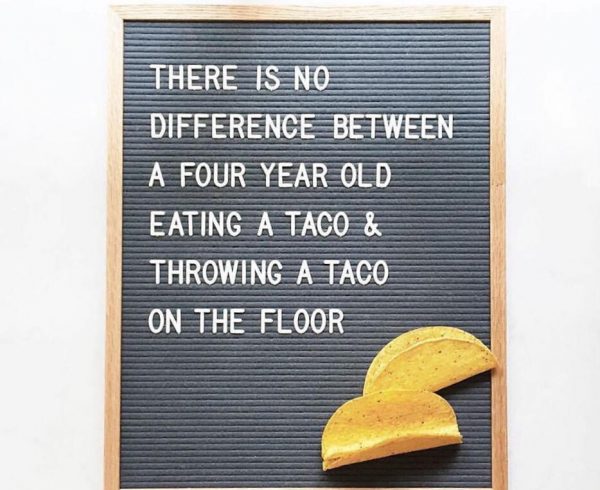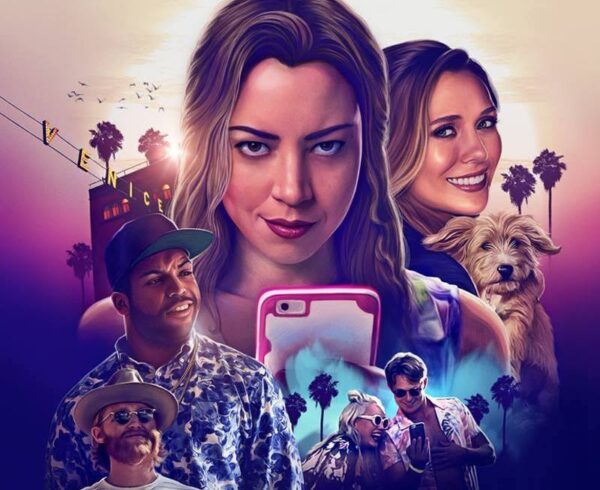As you’ve probably noticed, Facebook has been pushing video content since early-2017. As you scroll your feed, you’ll see it dominated by two things: written updates from friends and video from content producers.
In 2016, Facebook VP Nicola Mendelsohn prophesied the end of text on the social media platform within five years
The best way to tell stories in this world, where so much information is coming at us, actually is video. It conveys so much more information in a much quicker period. So actually, the trend helps us to digest much more information.
In 1926, Myles Connolly prophesied something similar in Mr. Blue,
No printed word shall wring the new masses as did the printed words in the past. They have not time for the printed word. The day when a pamphlet distributed as a street corner could start a revolution or a new religion is over. The printed word is too common to be any longer compelling and too slow to be any longer dynamic. If you want to reach the masses you can reach them through pictures.
These new children can be ben and molded as they sit in the dark enrapt before the magic of the mobile screen. There, in the dark, they can be lifted out of their daily servitude. There, they can be raised high above their stone-and-steel environment. There, they can be brought to the high places and shown the deeps beyond the hard horizon. There, they can be taught to be superior to the great magnificent monsters that are their creations. There, they can be taught to love this terrible new civilization, because there they can be taught to look upon it as their child and not as their master.
Here, then, is a mission for any agency. Here is a destiny for an art second to none in history. For it is given to the motion picture to save the soul of civilization!
It is true, as both Mendelsohn and Connolly state, that video is a far more powerful medium to deliver information. In that truth, though, lies a grave danger. It is far easier to manipulate the emotions through video than it is through the written word. Video conveys information through something akin to osmosis, the recipient need only to open his eyes and ears for the information transfer. Reading, on the other hand, requires an active participant, it demands the recipient of information think through and imagine the arguments or story, and to digest the meaning over time.
Video is in many ways democratic, whereas it appears that reading is becoming more aristocratic.
So, if video is to become the dominate means of transferring information, who will read in the future? Will we find that a small cohort of individuals read as their preferred means of acquiring information while the vast majority of adults passively acquire information through video? What are the ramifications for not only political and public life, but also industry and employment?
And what of education? How will the dominance of video impact learning? Will we see the majority of learning take place through interactive video while a small group of students follow a different path, one centered upon reading? When considering the public education system and its size compared to the much smaller classical education schools, that could happen. The two types of education have fundamentally different philosophies about learning and the human person.
If it is true that one is far more open to emotional manipulation through video, what kind of society will we have if video pushes aside nearly all reading? Do we have a whipsawing political climate based on who is producing the best videos to the largest audience? It certainly seems that those who are best at making videos would wield the most power to manipulate emotions. But would those video producers actually be readers or will they primarily digest information through video, as well? Would we find a situation not unlike Steve Jobs and other tech CEOs limiting their own children’s video consumption while pushing for increased video consumption by the masses? Or do the readers of the world take on a kind independent, monastic lifestyle?
Facebook will no doubt move almost entirely to video, it can’t not compete with the likes of YouTube. And American’s consumption of video will certainly continue to climb. Nonetheless, there will still always be people who read. But who will they be and what power will they have?
This column originally appeared at Intellectual Takeout and is reprinted by permission.












